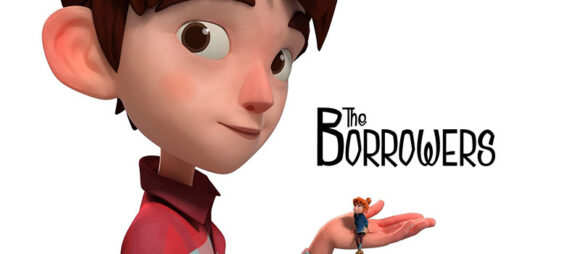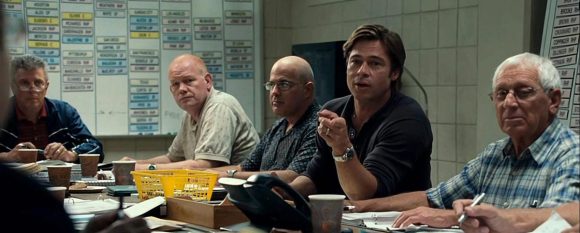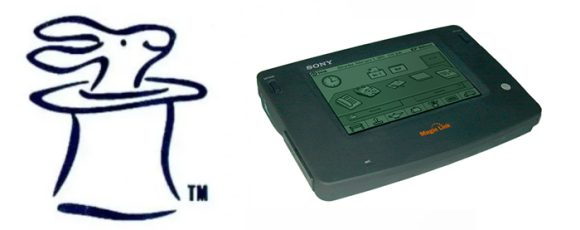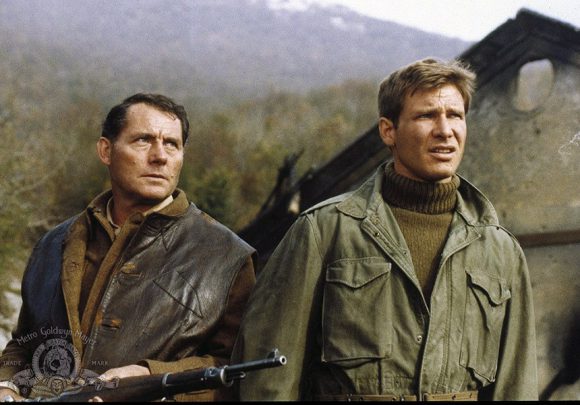
A few months ago I was interviewed on a podcast where the key question was “What is your superpower?” Sounds innocuous and simple, but it was one of those moments to reflect on life and not just provide a truthful answer, but something interesting and thought provoking. My answer was “If only”.
What if _____?
I’ve been an entrepreneur for over thirty years, founding or co-founding 10 companies. I taught entrepreneurship to MBA students for almost a decade, and taught the same through my business accelerator for the last 12 years. If pressed to sum up all of that work in a sentence, the answer is that I ask the question “What if _____?” over and over again.
Entrepreneurship is noticing a problem and then asking the question, “What if A existed?” Would that fix the problem? What if B instead? Would that be a better solution? How about C, D, or E?
Successfully entrepreneuring is the iterative process of asking What if? over and over again, on products, on processes, on hiring, on customers, sales, marketing, etc. to best match solution to problem in a form that customers will buy.
If only _____.
A related, but different question is, “If only ____.”
This is more often asked as a lament to a problem with no solution in sight. If only capital flowed toward the big problems of the world, there would be no hunger or poverty. If only people stopped fighting, there would be no more war. If only we knew then what we know now, X wouldn’t have happened.
My superpower is blending these if only’s with the what if’s to find solutions, and then implementing those solutions, even if the solutions are audacious and bold. Especially when the solutions are audacious and bold.
For example…
For example, if only the farmers of Africa had buyers for their food, the bulk of poverty on the continent would end, the continent as a whole could feed itself, and hunger would mostly disappear.
This is an if only talked about Africa since independence in the 1960s. An if only that is spoken about at length year after year, conference after conference, paper after paper, but rarely acted upon.
What if/If only someone organized an investment structure to invest in African companies that buy from African smallholder farmers and which don’t lose half of the food to post-harvest losses, we could put a dent into hunger and poverty in Africa. I wrote such a plan in 2018, launched it in 2020, and it just became a publicly listed company here in December 2024.
For example…
That sounds simple, but to do that I had to modify the methods most investors use to invest into Africa, mashup a few different ideas, and go forth with a business model that no one had seen before.
africaeats.com/berkshire-africa/
For example…
That doesn’t sound too difficult either, nor does the process of becoming a publicly listed company. But we didn’t just list this investment company alone, we listed two of its investees too, and we created a new segment on the stock exchange to highlight companies like these that solve hunger and poverty using capitalism. That took all of 2024 and a bit of 2023 too.
But that is not all. A key piece to this long story is that those shares of the investment company and the first two investees are liquid, thanks to the creation of the first equity market maker in Africa.
If only…
The sum of this is… if only there were a way for ordinary people to invest their money into companies that buy food from smallholder farmers in Africa, ending poverty for those farmers, distributing more and higher quality food to Africans, hunger and poverty across Africa would drop.
My superpower is that statement is not a lament. That statement is not a wish. That statement is now within reach of anyone to participate, with proof that the solution actually works, with over 1 million Africans pulled out of poverty so far, with a path to scale that up to hundreds of millions.
This is the first post on Luni’s new Substack, created for more frequent posts, with a built-in subscription mechanism. Subscribe on whatifonly.substack.com.














